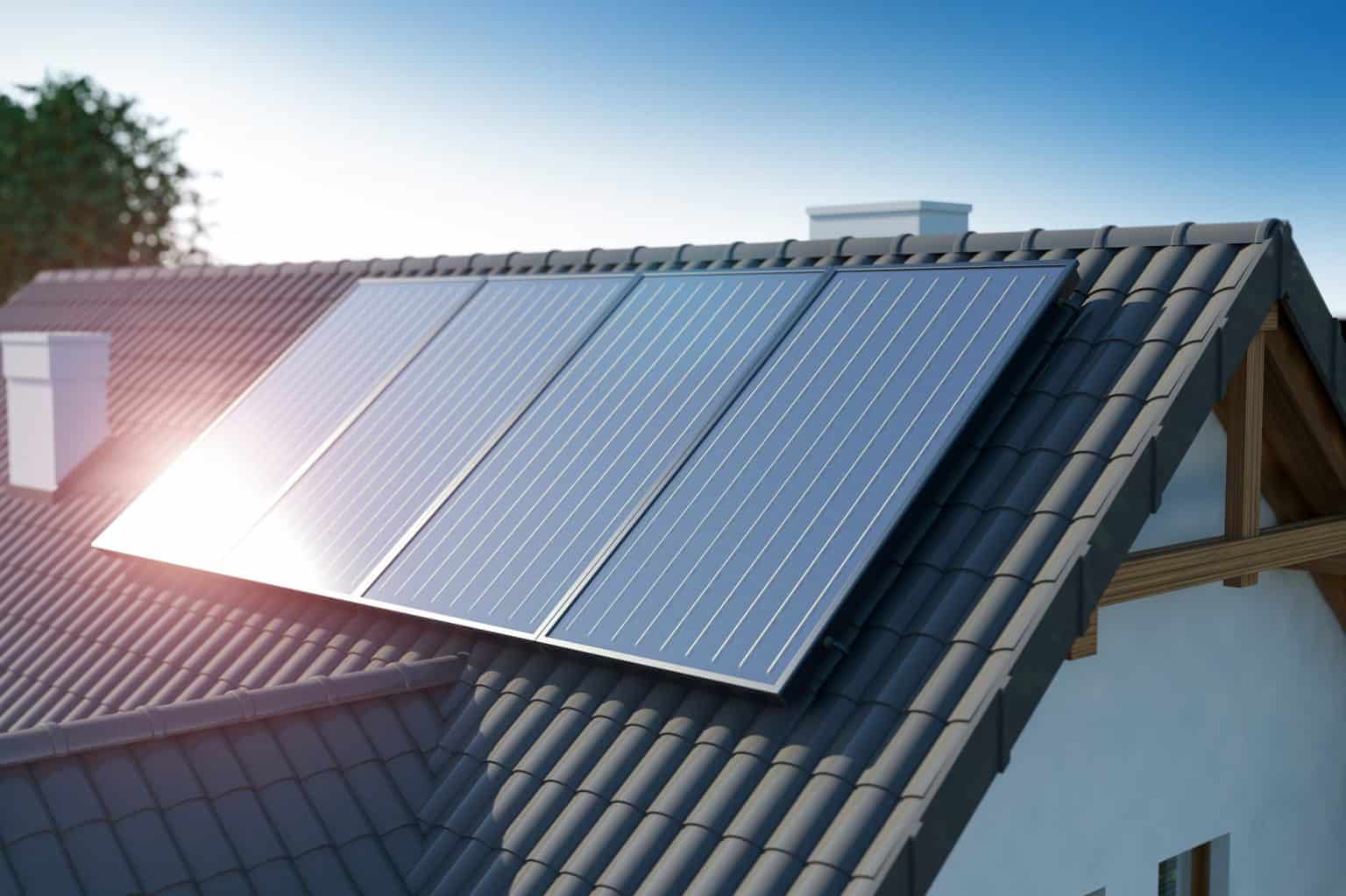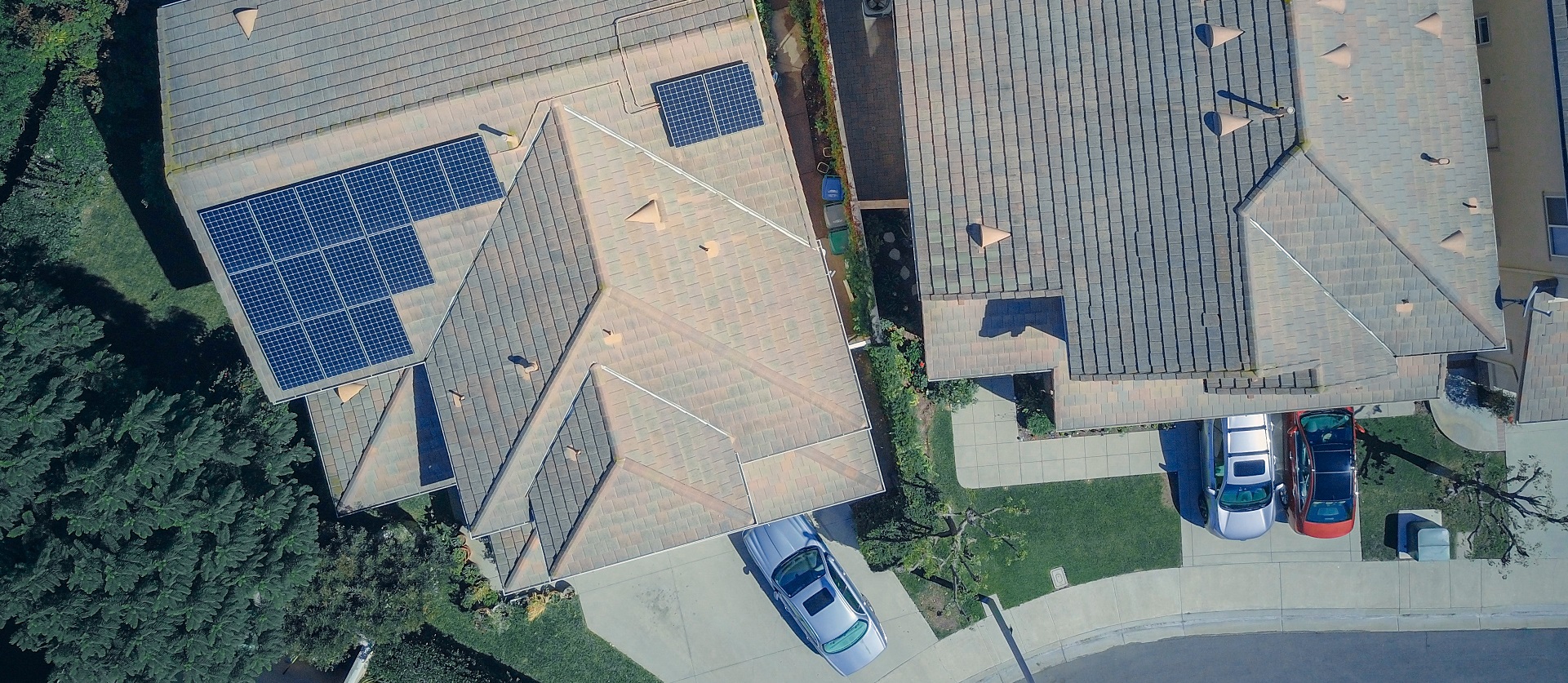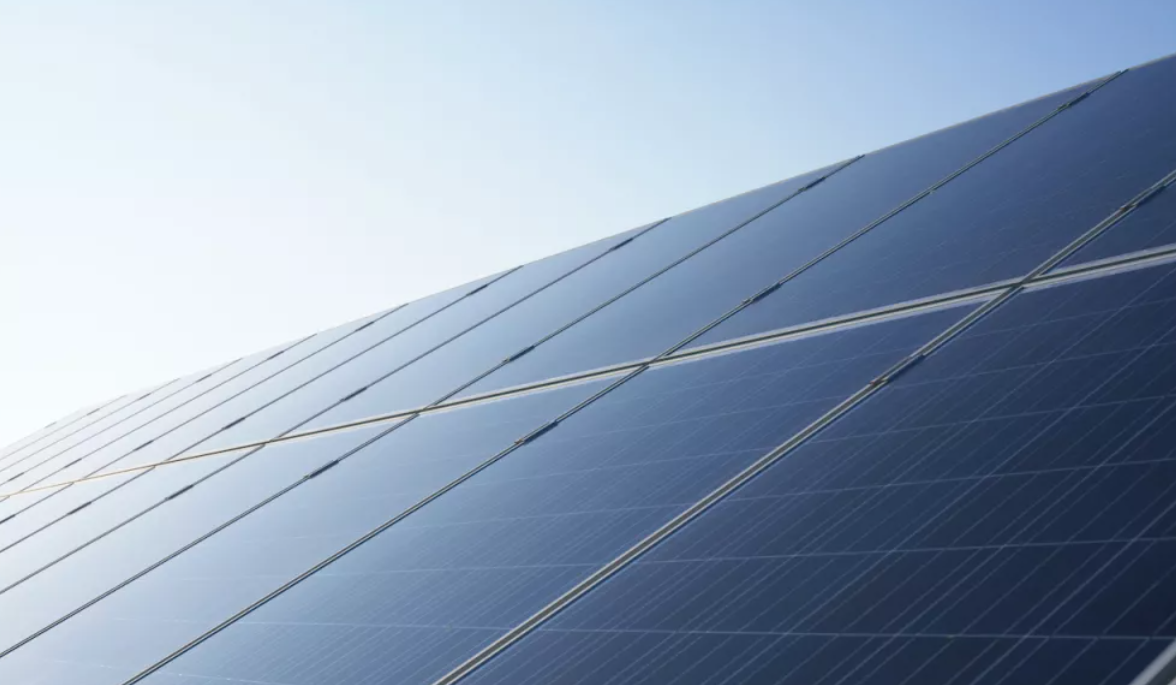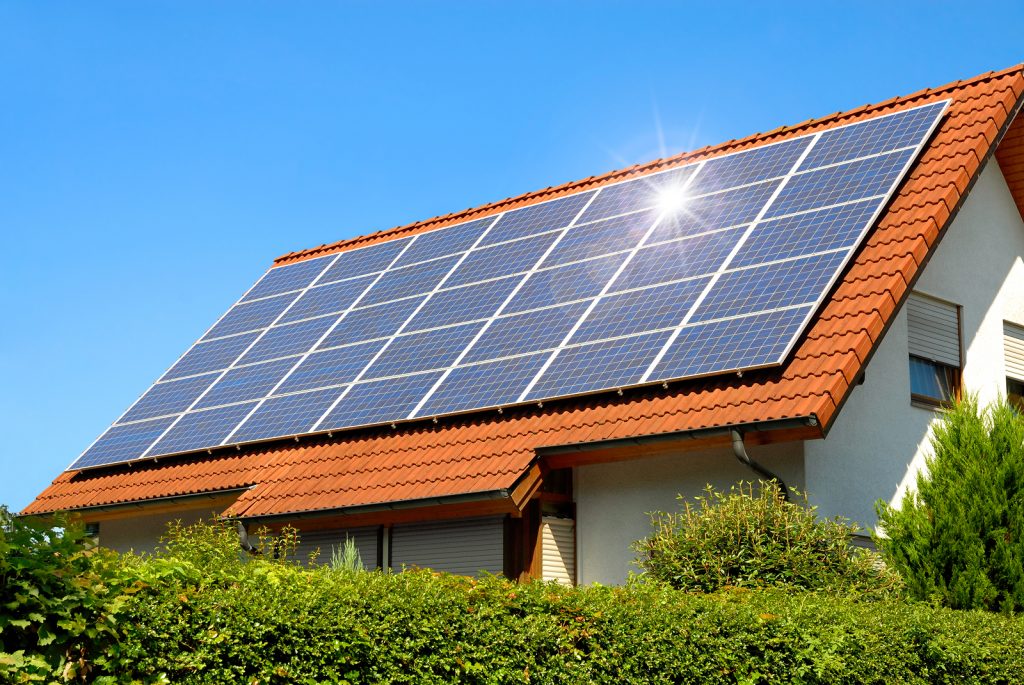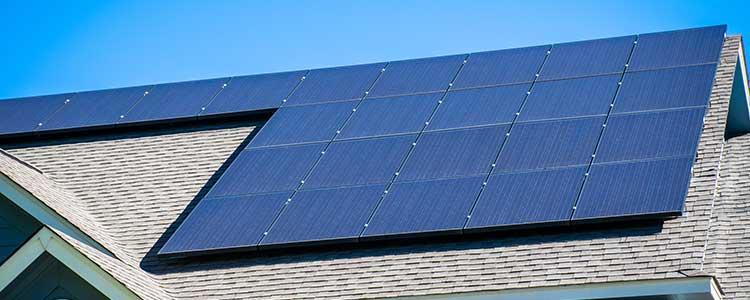What You Need To Know About Solar Financing
September 20, 2022
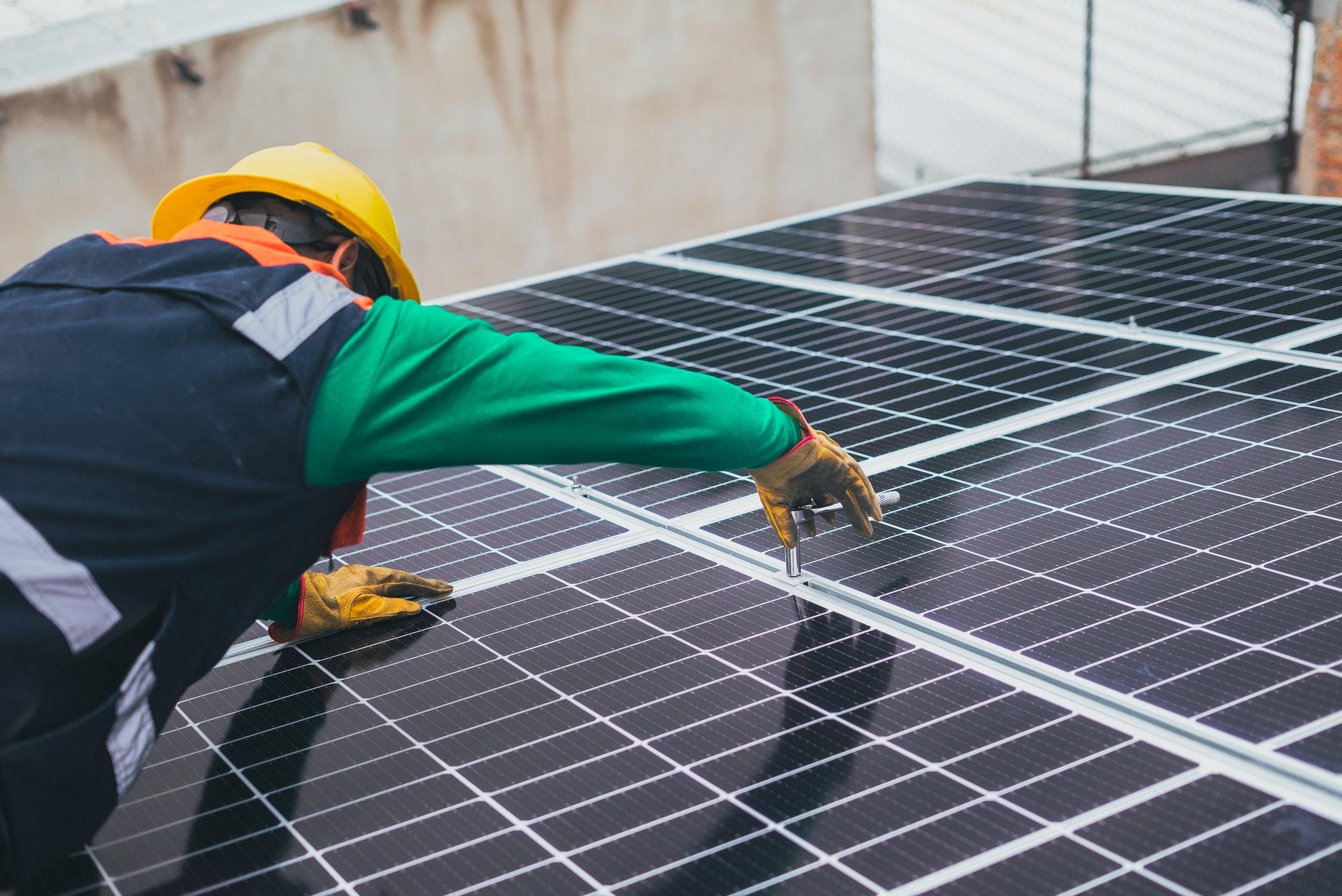
What You Need To Know About Solar Financing: One thing that is frequently seen as more people actively choose solar energy solutions and move to renewable energy sources is the conundrum they face. It is stated that making the decision to move to solar-based solutions is the simplest step in making the transfer to solar energy. The difficult part is figuring out how you’re going to pay for it.
There are numerous approaches you can take. The project might be funded by an upfront payment or a loan. This article will examine four distinct financing options for switching to solar-powered items.
Cash Purchase
In the case of a cash purchase, the user will in fact need to make a sizeable down payment before starting to use solar power. Nevertheless, everyone can afford it. The one-time payment must definitely be chosen because it will save them the most money overall.
Users won’t have to pay high-interest rates or escalation fees on their loans anymore, and installing the system will cost the least overall if they pay cash. This indicates that for cash-purchased solutions, future savings will outlast the initial investment the quickest.
Solar Financing
Recently, a lot of countries and financial institutions have developed laws to promote solar energy use and aid investors as much as feasible. Numerous federal agencies and commercial institutions provide loans that might ease your transition to solar energy. After cash purchases, solar loans are the greatest choice.
Also Read: What You Need To Know About The Federal Solar Tax Credit
Dealer costs and interest payments are just two of the extra costs associated with solar financing. Although many businesses offer no fees, the interest rate can change drastically. So, take care to negotiate the best price.
Solar Lease
Many solar companies also provide lease-based options, which are quite similar to solar financing where banks can give you loans. They let a user to purchase, set up, and begin using their product without making an initial payment. The alternative is that they pay monthly fees, which do include interest and other charges.
The cost of the whole solution increases in comparison to the initial base price because many businesses have escalation rates in their solar contracts. In addition to that, solar energy providers provide their clients with incentive-based programs. For instance, referral bonus programs are quite widespread in the solar services industry.
Solar Power Purchase Agreement
The establishment of power purchase agreements is a recent development in the solar service sector. They differ from solar leasing in that you pay according on the amount of energy the solar power generates rather than in predetermined monthly installments. By renting you the solar panels, a third party finances the entire operation. In exchange, the user makes payments based on the number of kWh of energy that the solar panels produce. Typically, solar PPAs are for more than 20 years. years.
Go Solar & Get Smart Energy
Related Articles:

